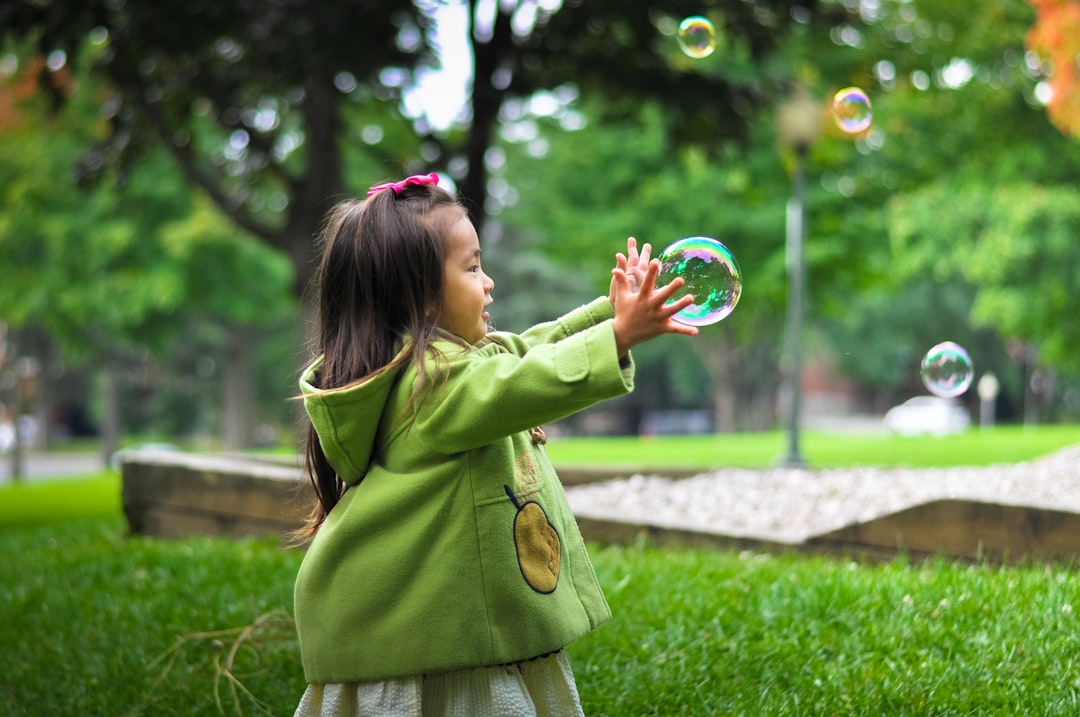In St. Louis, Missouri, with its diverse population, child abuse law firms play a vital role in balancing cultural sensitivity and child safety. They navigate cases involving various traditions and beliefs, ensuring legal interpretations respect cultural practices while protecting children from harm. By educating the legal system and community about cultural competency, these firms advocate for a nuanced approach that considers unique cultural contexts, fostering justice and well-being for all families in St. Louis MO.
In St. Louis, Missouri, courts face a delicate balance when confronting cases involving cultural practices and suspected child abuse. With a diverse population, understanding traditional cultural norms is essential yet challenging. This article explores how St. Louis courts navigate this complex landscape, especially with the involvement of local child abuse law firms. We delve into the legal framework, cultural sensitivity, and the crucial quest for balancing protection of children while preserving cultural practices, using St. Louis MO as a case study.
Understanding Cultural Practices and Their Legal Framework in St. Louis
In St. Louis, Missouri, understanding cultural practices and their legal framework is essential in navigating cases involving potential child abuse. The city’s diverse population brings a wide range of traditions and beliefs, many of which may differ significantly from mainstream American norms. This requires a nuanced approach when determining what constitutes harm or abuse. Child abuse law firms in St. Louis MO often find themselves balancing the preservation of cultural practices with the protection of children.
Legal interpretations of child abuse are guided by state laws and regulations, but they must also account for cultural contexts. For instance, what might be considered discipline within one culture could be viewed as abuse in another. St. Louis courts strive to interpret laws equitably, ensuring that cultural practices are respected while safeguarding the well-being of children. This delicate balance is crucial in fostering a just system that serves both the community and its most vulnerable members.
The Role of Child Abuse Law Firms in Missouri: Protectors or Overreach?
In Missouri, particularly within St. Louis, child abuse law firms play a dual role. On one hand, these legal experts are crucial in safeguarding vulnerable children by enforcing strict adherence to child abuse prevention laws and ensuring justice for victims. Their efforts contribute significantly to the well-being of the community by deterring potential abusers and providing support to survivors.
However, there’s a fine line between protection and overreach. Some critics argue that aggressive litigation by child abuse law firms can sometimes lead to false accusations and undue strain on families. This raises questions about balance in the legal system, especially when cultural practices—often rooted in good intentions but misunderstood outside contexts—are mistakenly construed as abusive. Navigating these complexities requires sensitivity, thorough investigations, and a nuanced understanding of diverse communities within St. Louis MO to uphold justice without perpetuating harm.
Striking a Balance: Navigating Cultural Sensitivity and Child Safety in St. Louis Courts
In St. Louis, balancing cultural sensitivity and child safety is a delicate task for courts. With an increasingly diverse community, especially within its vibrant and bustling ethnic neighborhoods, it’s essential to recognize that various cultural practices may differ significantly from mainstream norms. This presents a unique challenge when assessing cases of suspected child abuse or neglect. For instance, what might be considered discipline in one culture could be interpreted as maltreatment in another.
Therefore, St. Louis courts must navigate these complexities with care. Child abuse law firms in St. Louis MO often play a vital role in educating both the legal system and community members about cultural competency. They advocate for a nuanced approach where cultural practices are considered within a child safety framework. This involves training judges, lawyers, and social workers to recognize and respect cultural differences while ensuring the well-being and protection of children.






